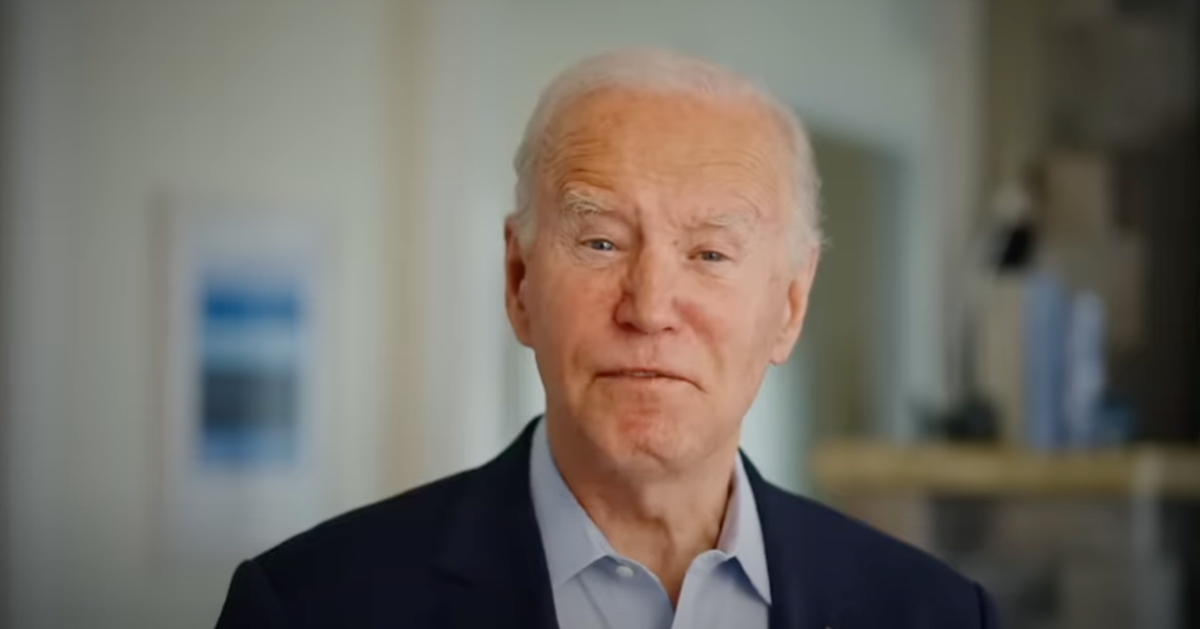Federal Judge’s Son Pleads Guilty to Secretly Filming Women
In a shocking case of privacy violation, Daniel McAvoy, the son of a federal judge, admitted to illegally recording sexual acts with women.
McAvoy, whose father sits on the federal bench, could avoid imprisonment by engaging in a program aimed at addressing his criminal behavior, as Fox News reports.
The accused, a resident of Manhattan, recently entered a guilty plea at the state Supreme Court to multiple charges of unlawful surveillance.
The indictment accused him of secretly filming four women during consensual sexual encounters at his Upper East Side apartments.
Assistant District Attorney Danielle Turcotte highlighted that McAvoy's actions were premeditated and involved numerous other women, though charges for these additional cases were barred by the statute of limitations.
During the investigation, authorities discovered extensive evidence at the residence of McAvoy's father, Thomas McAvoy, a judge appointed in 1986 by Ronald Reagan.
This evidence included three hard drives and over 150 DVDs, which were explicitly labeled with women's names and detailed descriptions of the recorded sexual activities.
Legal Proceedings Reveal Extensive Unlawful Surveillance
Initially facing 29 counts, McAvoy's plea to seven counts brings some closure to the legal saga that began with his 2022 indictment. Despite the severity of his actions, McAvoy has opted for an open plea, leaving his sentencing in the hands of the court without any pre-agreement on the potential penalties from the prosecutors.
The Manhattan District Attorney’s Office has opposed the plea, advocating for imprisonment due to the nature and extent of McAvoy's criminal activities.
McAvoy's decision to participate in the Felony Alternative to Incarceration (ATI) Court program might help him avoid a prison sentence, contingent on the program's assessment and outcomes.
Alongside the criminal case, a civil lawsuit further complicates McAvoy’s legal troubles. Filed by a former girlfriend of 10 years, the lawsuit accuses him of secretly recording hundreds of their intimate moments without consent and occasionally sharing these recordings with others.
Victims Express Outrage and Seek Justice
Turcotte condemned McAvoy's repetitive and selfish motives in violating the trust of his partners, stressing his full awareness and capability to understand his actions. She underscored the long-term and deliberate nature of his infringements on privacy.
A statement from one of the victims expressed deep disappointment with the judicial system's handling of the case, pointing out the failure to fully address the grievances of those affected by McAvoy's actions.
Jane Doe, one of the women named in the civil lawsuit, described her devastating realization that she was recorded during what were supposed to be private moments.
Her statement emphasized the extensive premeditation behind McAvoy's actions and her pursuit of personal justice through the lawsuit.
Community Awaits Legal Repercussions
The revelations about McAvoy's actions have stirred significant public and legal interest, with many awaiting the final decision on his sentencing. The community and advocates for victims’ rights closely monitor the outcome, which could set a precedent in how similar cases are handled in the future.
The court's decision to potentially allow McAvoy to participate in an alternative rehabilitation program rather than serve jail time has sparked a debate on the adequacy of such measures in addressing serious breaches of privacy and trust.
The final sentencing, scheduled for later this year, will determine the full consequences for McAvoy's actions and, more broadly, how the justice system balances rehabilitation with the need for accountability in cases involving significant personal violations.





